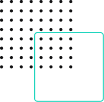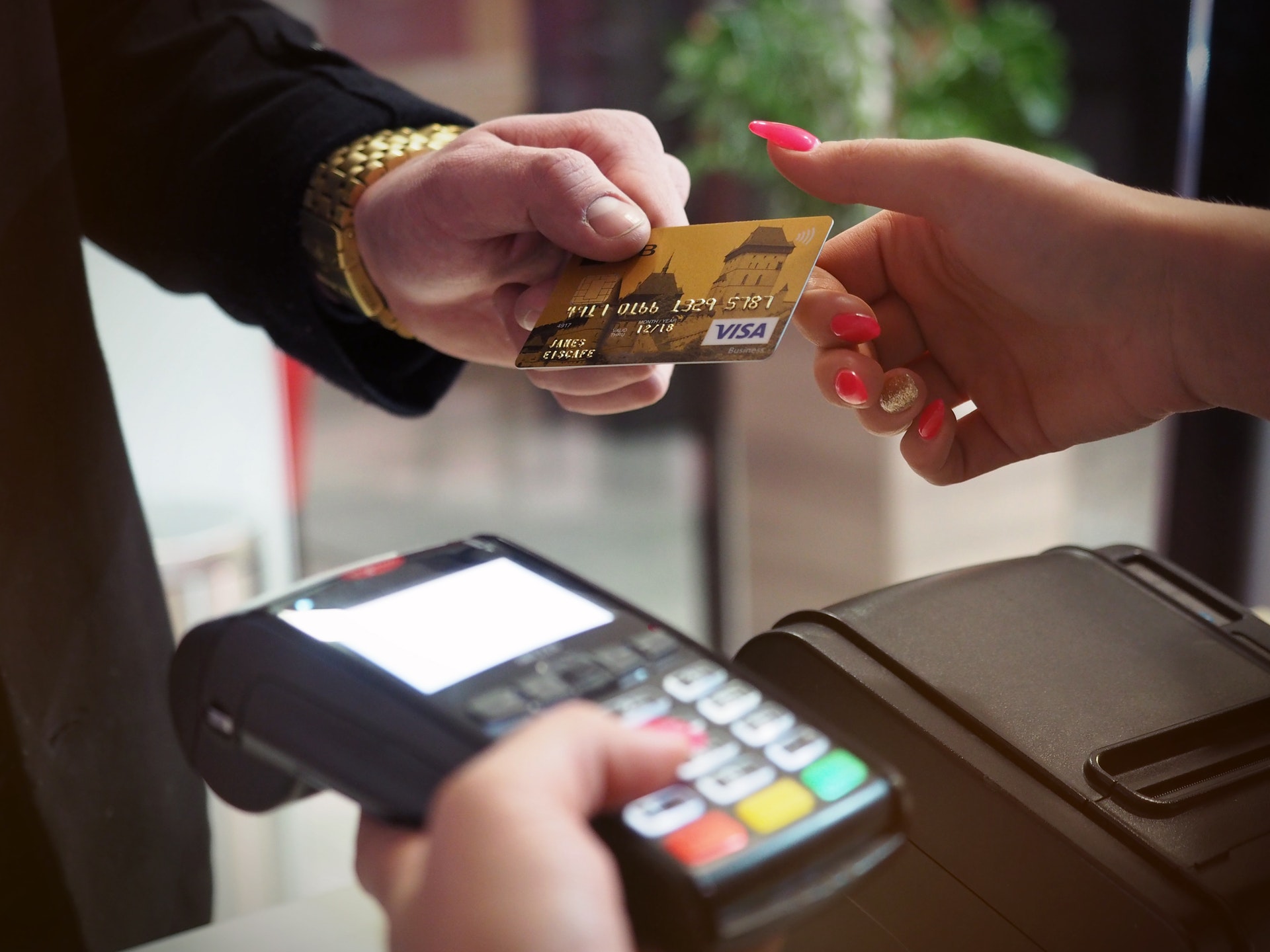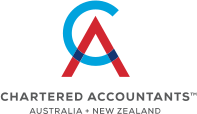Here at Nitschke Nancarrow, we encourage our medical professional clients to challenge themselves in ways that empower them to make smarter financial decisions.
Ready to try one of those challenges for yourself? Stop carrying your bank card.
Doctors, in particular, are very busy people with plenty of spending power. This means that they’re inclined to use their bank cards for countless purchases throughout the week without giving it much thought.
Are you a medical professional who can’t leave the house without your bank card?
Here are five things you’ll learn as you try cash-only spending … even in the first week or two.
1. You use your card way more often than you realise.
Your bank card is there for convenience and as such, you don’t notice how much you depend on your card until you are inconvenienced.
You swipe a card every time you pick up a cup of coffee or a snack, which is likely multiple times in any given work day. It’s easy to rack up half a dozen (or more) transactions in a day without even thinking about it.
By switching to cash, however, you might find that paying for simple items becomes just a bit more inconvenient and time-consuming than before. This will make you more aware of how often you spend money and possibly alert you to an uncontrolled spending habit.
2. Money is valuable.
Granted, it’s not a lightbulb moment to say that money is valuable, but hear us out when we say that you’ll learn to appreciate money more when you ditch the card.
A bank card essentially allows you unlimited spending since you’re not limited to a specific amount of cash. At least, it feels like you have an unlimited amount of money to spend because you don’t see the bills leave your wallet. When you lose track of your spending, reviewing your bank statement becomes a painful task that makes you feel disappointed in yourself.
It’ll feel like a breakthrough when you experience the difference of handing over literal cash instead of a thin plastic card. When you’re compelled to part with physical money, you will feel the loss more acutely. And it’ll make you rethink your choices before spending.
For example, swiping your card for $3 coffee feels like nothing. It’s instant gratification: you hand over your card momentarily and get your wish fulfilled. But when you have to hand over a $10 bill for that $3 cup of coffee and imagine having only $7 in change left in your wallet, you might think twice about that expense.
3. It’s possible to set a limit for your weekly spending.
Having that precious cash in your hand will make you shop more critically. As you weigh your needs and wants, you’ll find out which expenses are truly essential. This will help you determine how much you need to spend in a week versus how much you’re inclined to spend uncontrolled. Knowing how much you need to spend in a week will allow you to set a limit and create a reasonable budget. This is a crucial first step to getting more control over your finances.
4. You have more spare money than you first thought.
Carrying a limited allowance of cash for a week or a day will help you to set limits on how much you spend. After spending less over the course of a week than you normally do, you’ll be surprised to find an extra $50 or even more that you can stash in savings.
What would you do with an extra $2000? Or much more, over time?
Reducing your nonessential spending is the key to freeing up more spare cash for holidays, savings or anything else you want. And carrying cash instead of a card is a great way to force yourself to spend less.
5. Your maths needs work …
Swiping a card leaves all the calculations to a computer. That’s not a bad thing in this day and age where few people have time to mentally tally up the change. So you’re bound to get a refresher course on basic arithmetic when you have to do quick calculations in your head as you check your change. And this is another way you’ll keep yourself more accountable with spending, going forward.
Get advice
Working with an expert accounting and financial planning team will revolutionise your life, giving you great advice and setting you up with habits that will put you on the path towards financial success. And it pays to work with experts who understand the unique needs of medical professionals.
Contact Nitschke Nancarrow, specialists in accounting, financial planning, loans and finance, investment and business for medical professionals. We operate in Adelaide, Sydney, Melbourne and throughout Australia. Managing partner Kym Nitschke is available for a free initial discussion about your situation. Call us on (08) 8379 9950 or send me an email.
– Kym Nitschke
The information contained on this web site is general in nature and does not take into account your personal situation. You should consider whether the information is appropriate to your needs, and where appropriate, seek professional advice from a financial adviser.
Taxation, legal and other matters referred to on this website are of a general nature only and are based on Nitschke Nancarrow’s interpretation of laws existing at the time and should not be relied upon in place of appropriate professional advice. Those laws may change from time to time.
Nitschke Nancarrow specialises in accounting, tax and financial advice for superannuation. Contact us now for a no obligations discussion about your needs.














